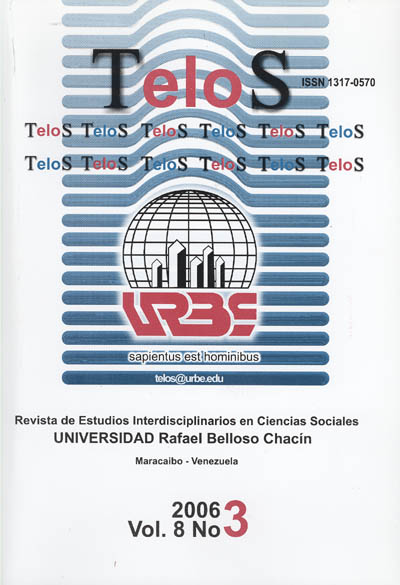Análisis de la gestión del conocimiento y de la inteligencia emocional en las organizaciones
Abstract
The purpose of this study was to analyze the management of knowledge and emotional intelligence in organizations. Doctrines of recognized authorities were analyzed including Nonaka y Takenchi (1999), O ́Dell (1998), Bueno (1998), Drucker (1996). Goleman (1995); Brockert, S. and Braun G. (1996); Sternberg, R. J. (1997); and Goleman (1998). The management of knowledge offers ever increasing improvement in organizational capacities, emotional intelligence, offers continuous betterment in organizational skills, and emotional intelligence favors the intelligent use of emotions in organizations. The methodology used for the study was documentary and descriptive, with a bibliographical design. The data collection technique was documentary review and analysis. Observation and documentary analysis were used as data collection techniques. After discussion of the results, the following conclusion were achieved: a) Knowledge management plans coordinates and controls the knowledge produced in organizations and offers social competence; b) human resources and capacities have more relevance daily in organizational identity; c) tacit and explicit knowledge are complementary; d) emotional intelligence favors executive negotiation ability; e) emotional intelligence favors team work with a service oriented mentality which is necessary for the success of a company; f) emotional intelligence favors innovative creativity and innovative flexibility.Downloads
Download data is not yet available.
Downloads
Published
2006-04-07
Issue
Section
Artículos de investigación
How to Cite
Análisis de la gestión del conocimiento y de la inteligencia emocional en las organizaciones. (2006). Telos: Revista De Estudios Interdisciplinarios En Ciencias Sociales, 8(3), 420-438. https://ojs.urbe.edu/index.php/telos/article/view/2701




